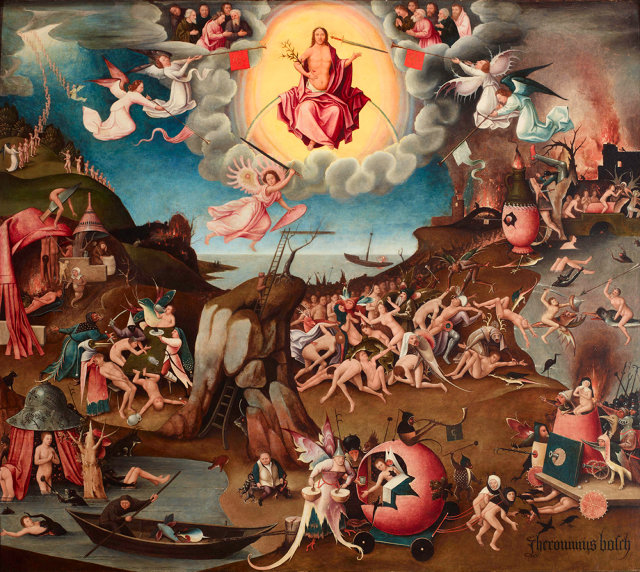
Yet I’m reminded here of a line a former teacher of mine used about the poet and critic John Hollander. The other thing I’d say is that, if you want to read Milton, there are some things that you will need to know in order to fully appreciate him. There was a lot of rote learning and repetition, but students were also taught to read a text and rewrite it in a different way or in a different voice.
PARADISE LOST FIGURE HOW TO
But there were also debates about process, about how to show that you’re learning and that you’re learning in the right way. One thing that’s really interesting about Milton’s era is that there were lots of debates about whether you should teach pre-Christian Pagan writers. Moshenska: One of the reasons I wanted to write about Milton at school is because of these debates they tend to focus so much on content that we don’t talk much about process. In your discussion of Milton, you seem to be arguing that you need both. OR: One debate we’re having today is between an education that teaches you specific things and one that teaches you how to think. This too produced splits and divisions within him. In other words, he put himself in worlds where according to the insular, nationalist, Puritan English narrative then holding for people like him, he shouldn’t have been. He spent time in Naples, befriended Caravaggio’s patron, and so on. He befriended all these Florentine Catholics. Then he went to the Continent for two years and traveled around Italy. Then, toward the end of that time, his mother died, and he wrote his great early masterpiece, Lycidas. His parents allowed him to live off them without a job, and he just read avidly for years, in an amazing course of private study. That setup seems tailor-made to produce internal divisions and conflicts and tensions in terms of how best to express yourself.Īfter university, Milton didn’t know what to do with his life. And then you had English, the language of home and things going on around you. You had Latin, the language that was often literally beaten into you by your schoolmasters. When he was young, the English education system was almost designed to create these fascinating split people. He had an omnivorous mind and a porousness, an ability to absorb what was going on around him. He was an amazing linguist and seemed to pick up languages effortlessly. Milton studied ancient languages at school and university. So to be an educated person meant to speak and think and operate in Latin. Moshenska: It’s worth reminding ourselves that when Milton was born, English was not a internationally respected literary language. OR: What outside influences had the most powerful effect on Milton? I think you need both of those impulses to write great literature.


Part of him is intensely active and directive, and another side of him is all about relinquishing control, allowing things to happen through him. Moshenska: The tension that interests me the most has to do with human agency and the feeling that on the one hand, Milton has the most powerful sense of his own forceful individuality and the ability of his work to change the world, and on the other hand, his feeling that he’s nothing more than a vessel for words and inspirations that come from elsewhere and that work through him.

If you had to sum up the conflicting Miltons, where is the tension? OR: You have a great line in the book where you write that he’s more a national monument than a national treasure. He presents a lot of personal and intellectual problems he was a complicated person, and his work has inspired a range of violently opposed opinions. But my relationship with Milton has been a lot more complicated than that. There’s often a feeling that you either have to defend them or be against them. I’m really interested in the ambivalent relationships we form with these great figures. A few years ago, I started asking myself those questions, out of a combination of pandemic induced self-reflection and having hit the stage in life that me think, “Well, how did I end up spending all the time teaching and reading and thinking about this long-dead writer with whom I actually have a very ambivalent relationship?” At the same time, there are now lots of questions flying around about why we should care about literature at all, and about these particular people at the heart of the canon. Joe Moshenska: When you work on a towering, canonical figure, you don’t often stop to justify it to yourself or to other people there’s a feeling that the greatness speaks for itself. Octavian Review: Why did you choose Milton, and why did you write a book about him now?


 0 kommentar(er)
0 kommentar(er)
